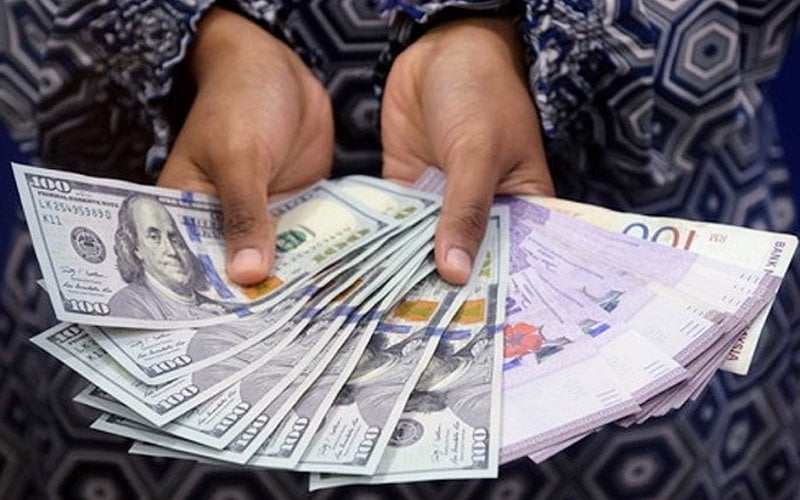
PETALING JAYA: The ringgit is on the brink of a new low, yet views are divided over its fortunes, with more expressing optimism than pessimism.
An economist and a market analyst who spoke to FMT Business expect the currency to recover over the next few months as economic reforms initiated by the government take shape and begin to bear fruit.
However, a second economist told FMT Business there would be long-term repercussions.
Shankaran Nambiar, senior research fellow at the Malaysian Institute of Economic Research, sees efforts such as initiatives to woo investors as positive moves that can instil confidence in the ringgit.
Similarly Thong Pak Leng, vice-president of research at online trading platform Rakuten Trade, expects the ringgit to bounce back.
The ringgit sank to a new low yesterday, closing at 4.7975/4.8000 against the US dollar, just short of its all-time low of 4.8850 recorded in 1998.
The currency has been on the decline for two to three years now. In fact, it has already seen a 4% decline this year.
Many have attributed its weakness to political developments such as the move by the opposition to unseat Anwar Ibrahim as prime minister.
The weak gross economic product growth led by sluggish exports to China, Malaysia’s largest trading partner, has also been cited as a reason for the currency’s poor performance.
The Malaysian economy grew only 3.7% in 2023, lower than the official forecast of 4%, which was also the consensus among economists.
Shankaran attributed the fall in the value of the ringgit largely to the “demanding external environment”, a reflection of the view professed by Bank Negara Malaysia (BNM).
In an immediate response to the further decline of the ringgit yesterday, BNM governor Abdul Rasheed Ghaffour said that like other currencies in the region, the ringgit has been “influenced by external factors”.
Rasheed cited market adjustments to changing expectations on US interest rates, geopolitical concerns and uncertainty surrounding China’s economic prospects as factors that have led to the ringgit’s poor performance.
Shankaran also dismissed speculation linking the currency’s weakness to political factors.
“This is an extremely pessimistic picture of the economy,” he said, emphasising that reforms aimed at bolstering the economy are already in place.
He cited recent efforts to address the pension issue and to attract foreign direct investments as “promising developments” to help the ringgit regain investor confidence. The huge pension bill itself has recently prompted calls for reforms.
Thong even views the weakness in the ringgit and other regional currencies as a positive sign, not just for Malaysia but the rest of Southeast Asia as well.
“Funds that have been flowing out of the region are likely to come back based on records from Bursa Malaysia,” he told FMT Business.
This, he said, will help the ringgit rebound.
However, economist Barjoyai Bardai of Universiti Tun Abdul Razak expressed fears that the deterioration could surpass the severity of the 1998 financial crisis, underscoring the importance of government intervention.
The last time the government intervened in the financial market was in 1998 when then prime minister Dr Mahathir Mohamad took the step to peg the ringgit at RM3.80 to the dollar at the peak of the Asian Financial Crisis.
Barjoyai said that while a 4% drop might seem modest compared to other nations’ experience, there would be long-term consequences.
He expressed concern that a continued decline in the value of the ringgit could have a severe impact on consumer sentiment and spending habits.
He urged the government to address issues such as high cost of food imports, remittances by migrant workers and the persistent net outflow from the local stock market.
He said these factors have eroded investor confidence. - FMT


No comments:
Post a Comment
Note: Only a member of this blog may post a comment.